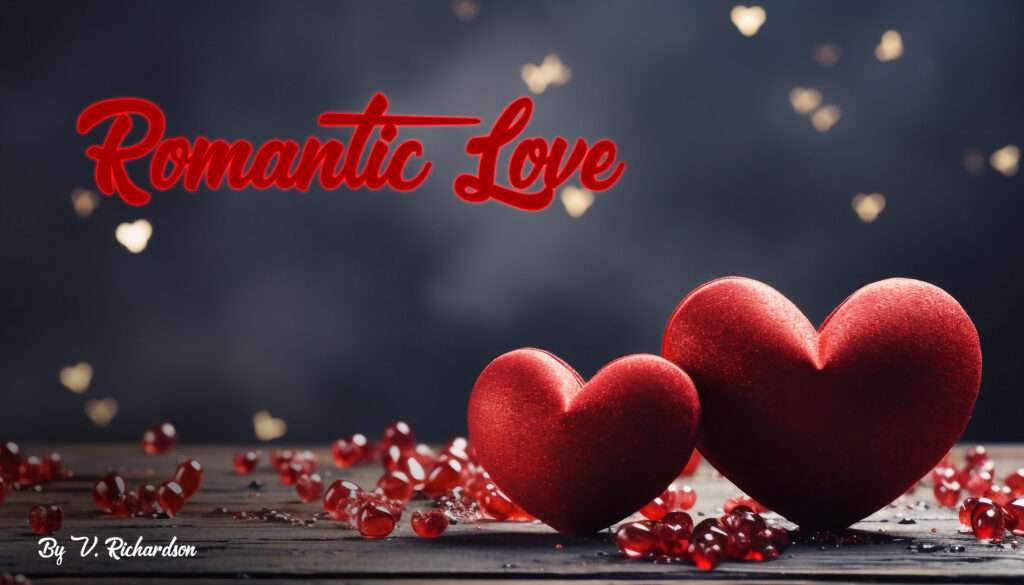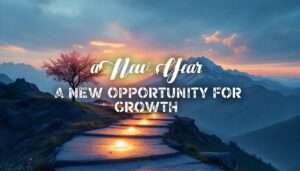It’s February—the season of love. But when I ran a poll on my IG stories, one thing stood out: no one chose Romantic Love as the topic they were most interested in. Not one person. Instead, 75% of people wanted to talk about Self-Love, while 25% leaned toward Universal Love—the kind that extends beyond personal relationships. But when it came to Romantic Love? Silence.
That made me pause. My 90’s R&B heart has some questions. Are we really not thinking about it? Are we avoiding it? Are we exhausted by the conversation? Or have we been hurt too many times to believe in it the way we once did?
What Love Taught Me—And What Distance Revealed
Here I am—a 42-year-old woman in my fourth year of singleness. My relationship history is marked by turbulent romance, passion, and pain. I often felt like a woman who was always looked at but never truly seen; valued for what I could do rather than for who I was. And now, after being out of the game for a little while, I found myself wondering—am I even qualified to explore Romantic Love?
But maybe that’s exactly why I am qualified.
When you’re in the thick of love—navigating the highs, the lows, the compromises, and the emotional entanglements—it’s hard to see it clearly. But distance brings perspective. Taking a step back from romance has allowed me to reflect, to see patterns, to recognize what I once accepted as love that maybe wasn’t, and to redefine what love means to me now.
I used to think love was about finding the right person, but now I see it’s just as much about BEING the right person—one who is self-aware, spiritually mature, and truly ready for the kind of love that is built, not just felt.
I’ve had a few long-term relationships, even lived with a few partners. I poured my heart into them, believing that love—real, lasting love—was something that could be built with commitment, compromise, and shared vision. I thought that if two people were willing to put in the effort, communicate through the hard moments, and choose each other every day, then love could withstand anything.
I believed love wasn’t just about chemistry or passion—it was about partnership, about weathering storms together, about choosing to stay even when things weren’t easy. I was willing to do the work, to show up fully, to give the best parts of me.
But love isn’t just about how much you’re willing to give—it’s also about whether the other person is capable of receiving it and reciprocating it in a way that creates something sustainable. And that’s where things became complicated.
I learned that love isn’t just about effort—it’s about alignment. Two people can have the best intentions, but if they aren’t moving in the same direction—emotionally, mentally, and spiritually—no amount of effort can hold things together. No matter how much you give, if the foundation isn’t shared, even the strongest love can start to crack under the weight of imbalance. And that’s exactly what happened.
The last one? I was sure he was the one. We had a big home, a big yard and a dream of creating something stable and lasting. Our blended family was coming together, and for a while, it felt like everything was finally falling into place. I envisioned a future with him—marriage, partnership, growing old side by side. What I thought was solid ground beneath us turned out to be shifting sand, and the betrayal that followed made it impossible to hold on to the life I had imagined.
But even when dreams don’t unfold the way we expect, love doesn’t simply disappear. It shifts, it lingers, and it teaches. Despite everything, my heart had always remained soft. Even if I wasn’t fully ready for love, I was always open to it. I’ve always had so much love to give. My name itself means ‘love’ and ‘great power,’ which makes sense—I’ve always led with love, moved through life with love, and given it freely, no matter the circumstances. Yet, love has often left me empty-handed.
But love, for all its beauty, is also a mirror. It reveals not just what we give, but what we need, what we lack, and where we’ve been willing to settle. Time and distance have given me space to see love differently—not just as something to pour out, but as something that must be nurtured within. And maybe that’s why the focus on self-love has become so important for many of us.
But self-love and romantic Love don’t have to be at odds. Somewhere along the way, we started to believe that independence and relationships couldn’t coexist—that strength meant standing alone. But real love doesn’t thrive in extreme independence or unhealthy dependency. It flourishes in interdependency—the ability to honor our individuality while creating deep, meaningful connections. It’s the space where we can love fully without losing ourselves.
Interdependent love says:
- I am whole on my own, but I choose to share my life with you.
- I can stand alone, but I don’t have to.
- I don’t lose myself in you; I grow with you.
It’s about support without suffocation, love without losing yourself, and connection without control. And that kind of love requires readiness.
Romantic Love isn’t just about wanting it—it’s about being prepared for it. Love comes with risk—vulnerability, accountability, and the responsibility of showing up. Avoiding these things doesn’t make the fear go away; it only traps us in shallow connections.
Being ready for love means:
- Understanding our fears and how they shape our relationships.
- Healing from past wounds so fear doesn’t dictate how we love.
- Learning to communicate and show up fully.
- Taking accountability—owning our actions, words, and the impact we have on a partner.
Love isn’t just about receiving—it’s about giving, growing, and being willing to do the work. The question isn’t whether love is worth the risk; it’s whether we’re willing to become the kind of person who can truly sustain it.
So, Where Do We Go From Here?
Every heartbreak, every loss, every unreciprocated love—it wasn’t for nothing. I’ve learned that love was never meant to break me, but to shape me for the man meant for me.
That realization shifted my perspective. Love isn’t something to fear; it’s something to prepare for. And if every experience has been shaping me, maybe the same is true for all of us. So if we’re not talking about Romantic Love, what does that say? Are we healing, or are we hiding? Protecting ourselves, or denying something we still crave?
Maybe we’ve convinced ourselves that love is a distraction, that choosing ourselves means shutting out deep connection. But what if true healing isn’t about avoiding love, but about learning to embrace it in a healthier way?
What if love isn’t the problem, but the way we’ve been taught to experience it?
Maybe it’s time to bring romance back into the conversation—not as something to complete us, but as something that compliments the lives we’re already building. A love that doesn’t require us to shrink, to compromise our worth, or to abandon ourselves in the process. A love that exists alongside our wholeness—not in place of it.
Because maybe, just maybe, we’re more ready for it than we think.







